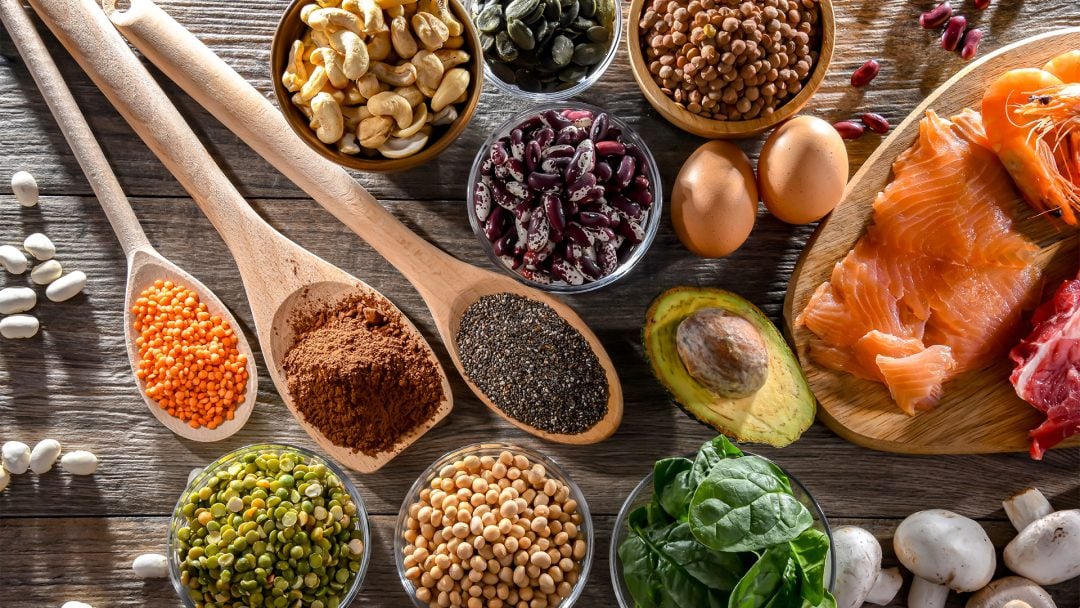Zinc

Zinc is an important trace element and of great importance for a wide range of bodily processes. For example, zinc plays a decisive role in the function of the immune system, in many enzymes, in numerous metabolic processes, in wound healing and in cell growth. A zinc deficiency can therefore lead to health problems and should be avoided by adapting your diet or taking supplements.
General Information on Zinc
The average daily requirement of zinc is around 10 mg. However, it should be borne in mind that an increased zinc requirement is necessary in times of increased stress, after operations or in the case of chronic intoxication of the body. Some diseases, such as HPU, also increase the daily requirement for zinc considerably.
In the body, zinc is mainly found in the skin, hair and bones. However, the vital trace element can also be found in the liver and muscles.
Zinc in Food and Dietary Supplements
Animal sources of zinc are cheese, liver and oysters. You can get zinc from plant-based foods such as oatmeal, cocoa or seeds.
Many people do not get enough zinc from their diet, which can lead to a zinc deficiency. This should be compensated for with suitable, high-quality food supplements in order to avoid health problems.
Before supplementation, an individual assessment of the deficiencies in the body should be carried out. When determining the zinc level, whole blood analysis is preferable. This involves analyzing not only the serum, but also the components bound in the red blood cells. In this way, exact proof of a zinc deficiency can be guaranteed.
Dr. med. Karsten Ostermann M.A.
Zinc is involved in various bodily processes, which is why a zinc deficiency can impair health. A precise diagnosis of the deficiency is necessary before supplementation.

Further information
The information listed contains relevant topics and serves to improve understanding.